Differences and similarities between words
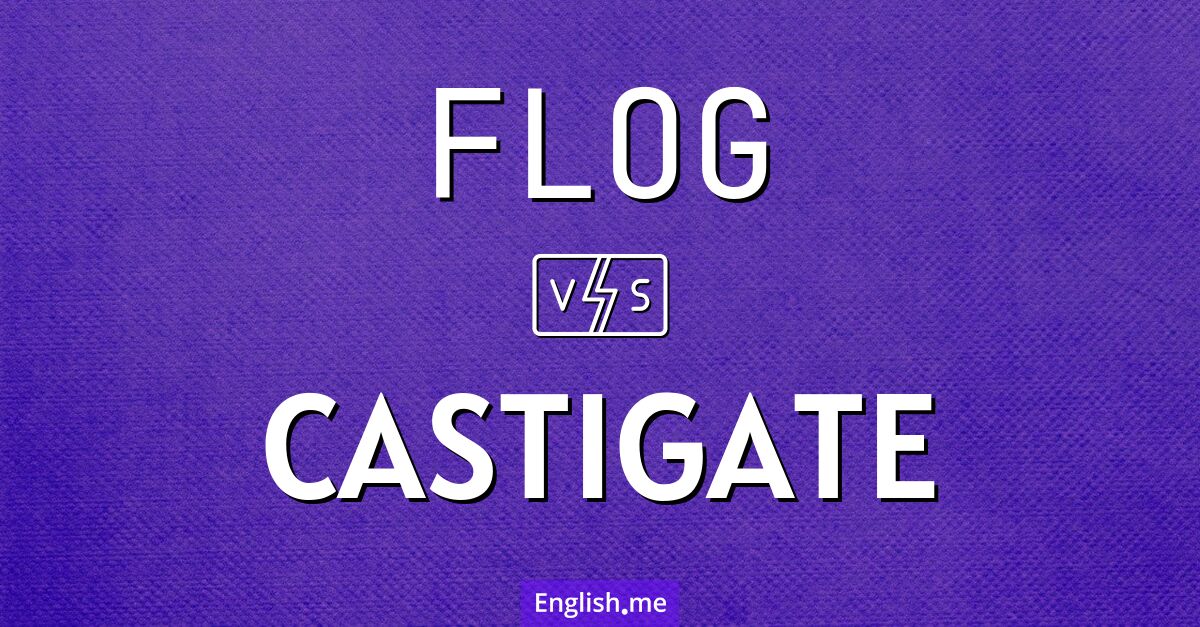
"Flog" vs. "castigate": when words deliver a verbal lashing
"Flog" primarily means to physically whip or beat someone as ... Learn more →
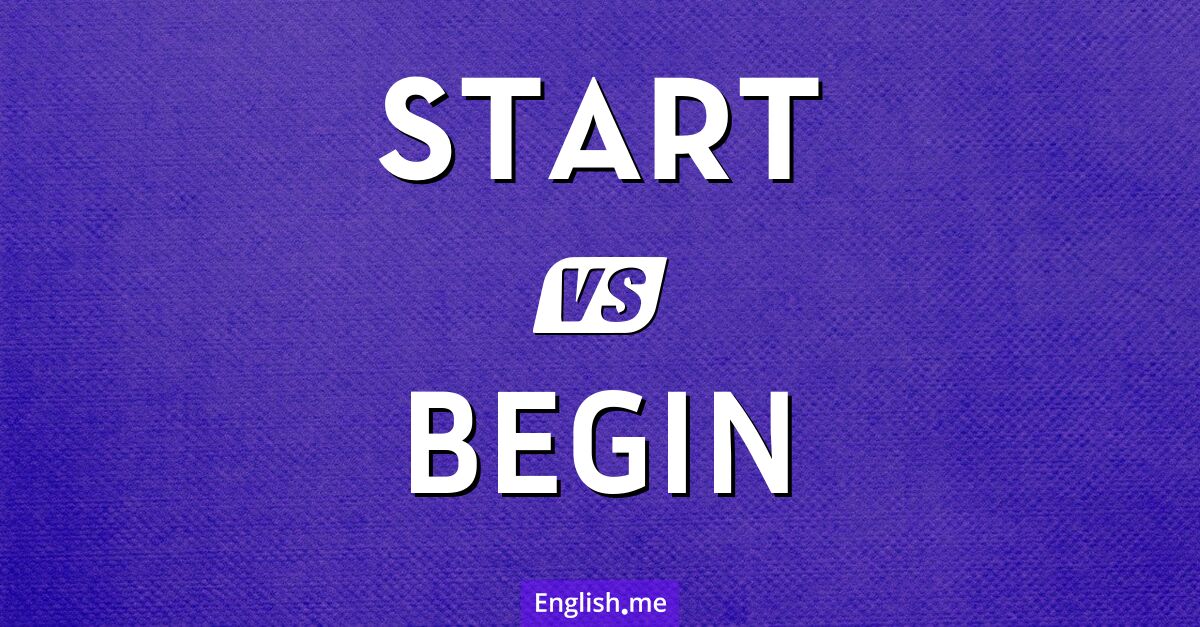
"Start" vs. "begin": what's the difference?
"Start" is more commonly used in informal contexts and can ... Learn more →
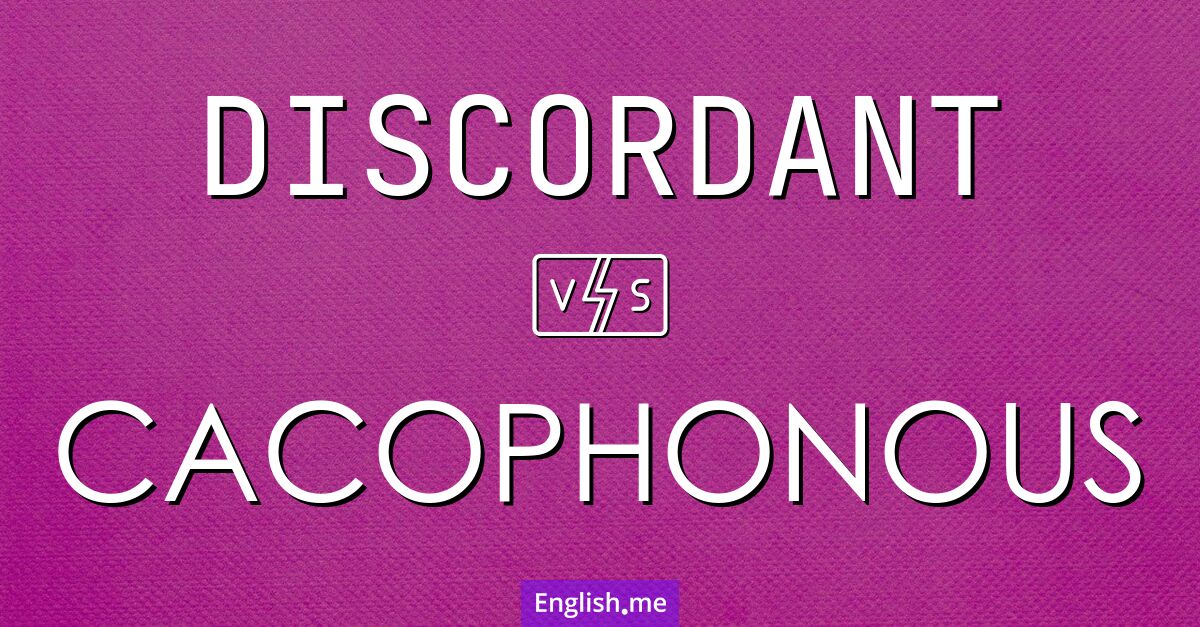
"Discordant" vs. "cacophonous": dissonance in words
"Discordant" can refer to a lack of agreement or harmony ... Learn more →
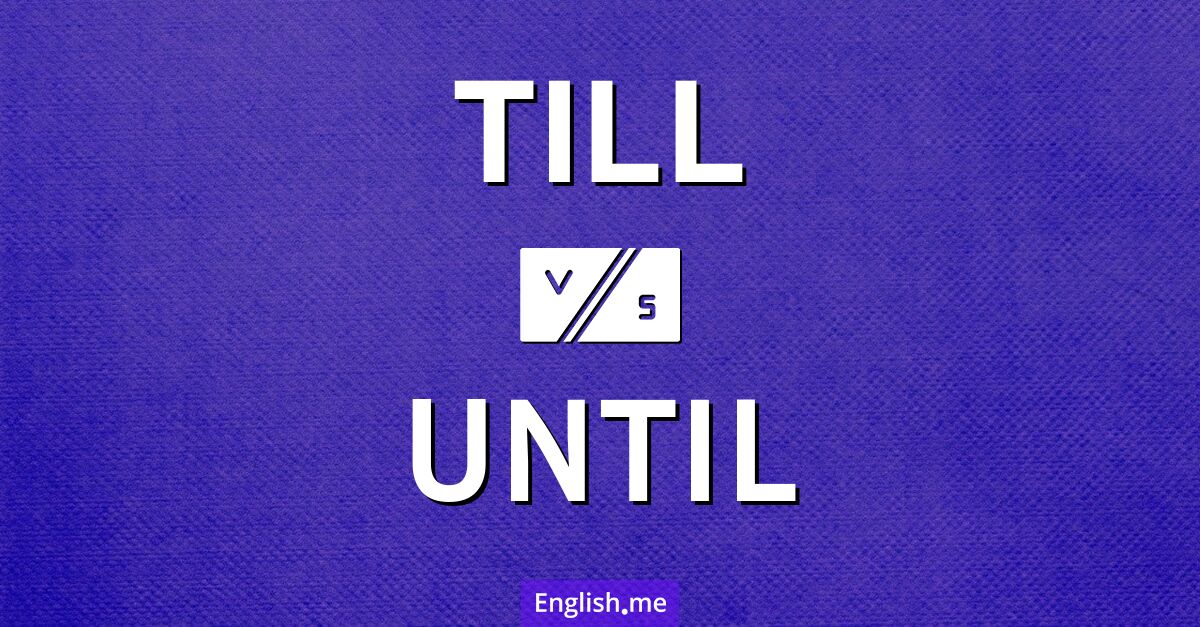
"Till" vs. "until": how are they different?
"Until" is considered slightly more formal than "till". "Till" is ... Learn more →
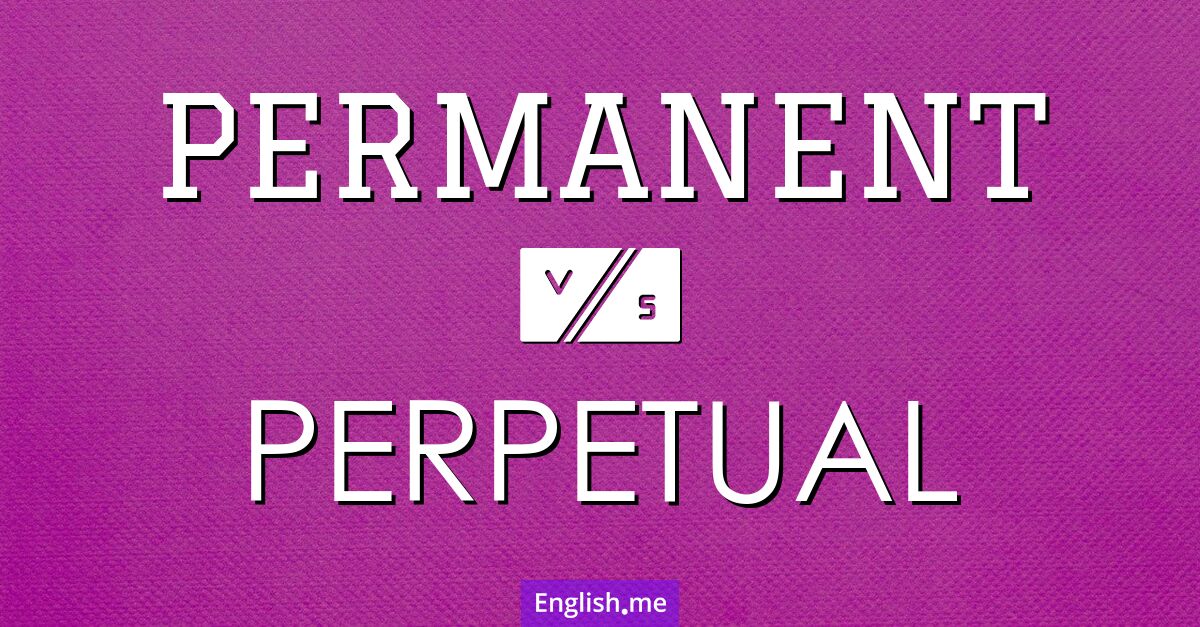
"Permanent" vs. "perpetual": when does forever begin and end?
"Permanent" typically means lasting without change, end, or interruption, often ... Learn more →
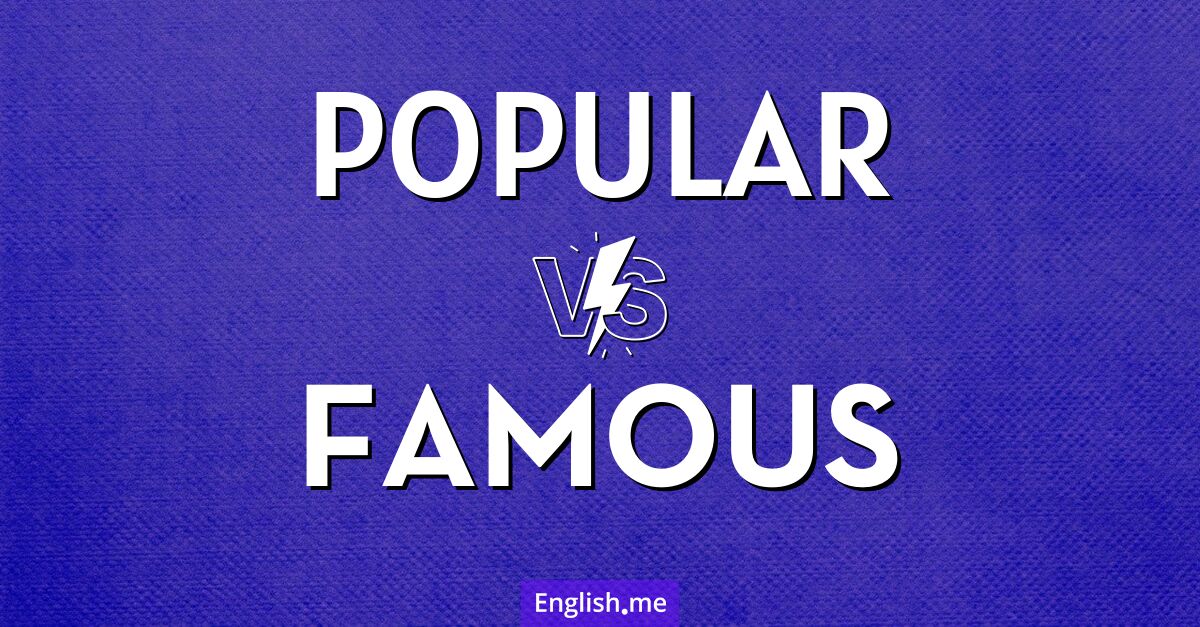
"Popular" vs. "famous": what sets them apart?
"Popular" refers to being liked, admired, or supported by many ... Learn more →
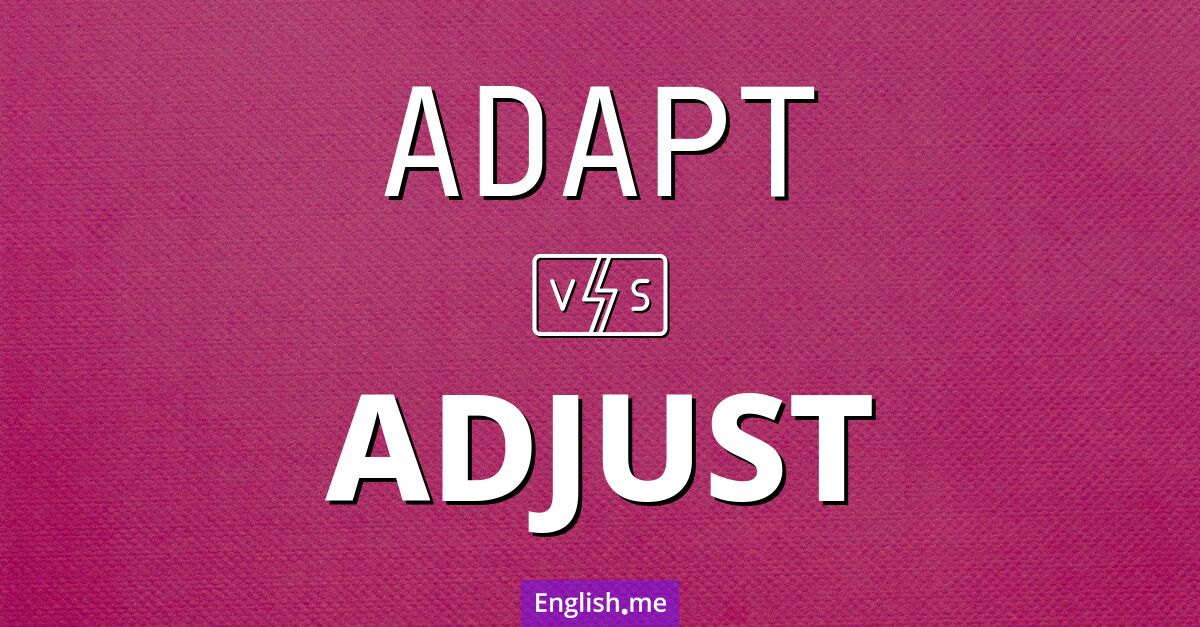
"Adapt" vs. "adjust": when to use each word
"Adapt" often implies a larger or more fundamental change to ... Learn more →
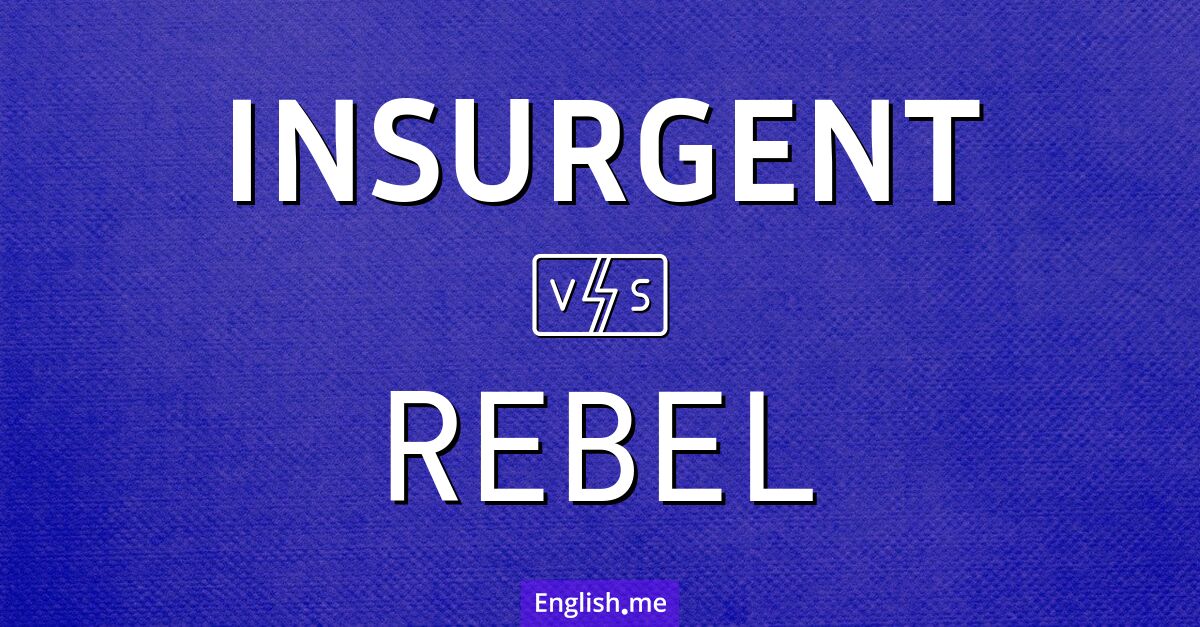
"Insurgent" vs. "rebel": where their meanings meet and diverge
"Insurgent" is often used to describe someone involved in an ... Learn more →
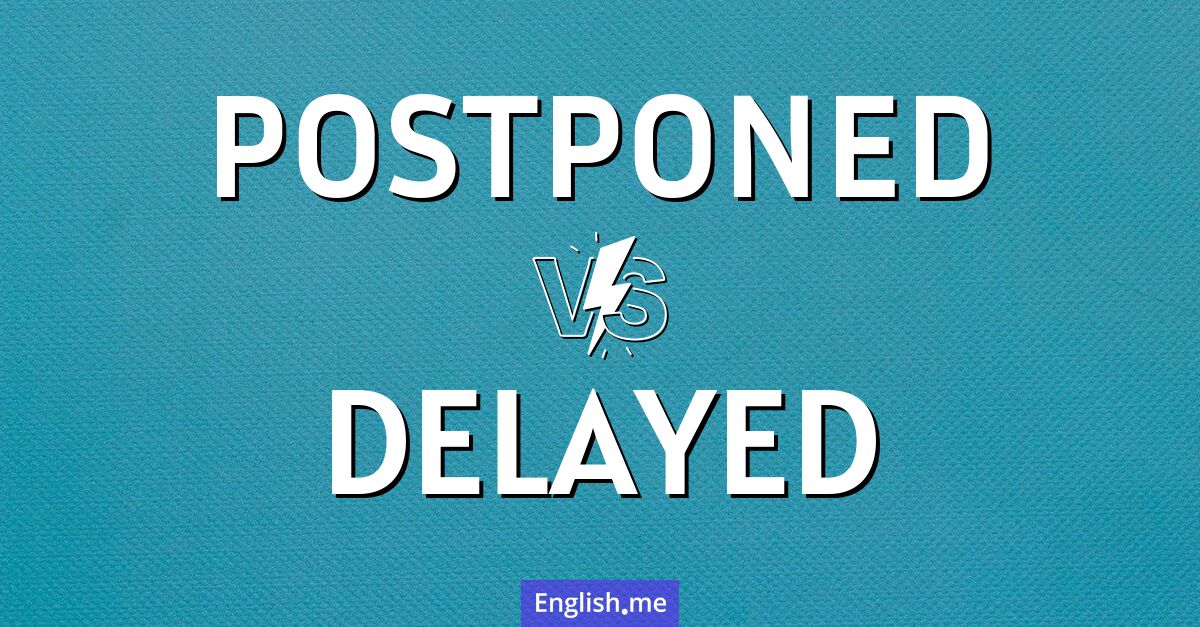
When plans change: "postponed" vs. "delayed"
"Postponed" usually means something is rescheduled to a specific later ... Learn more →
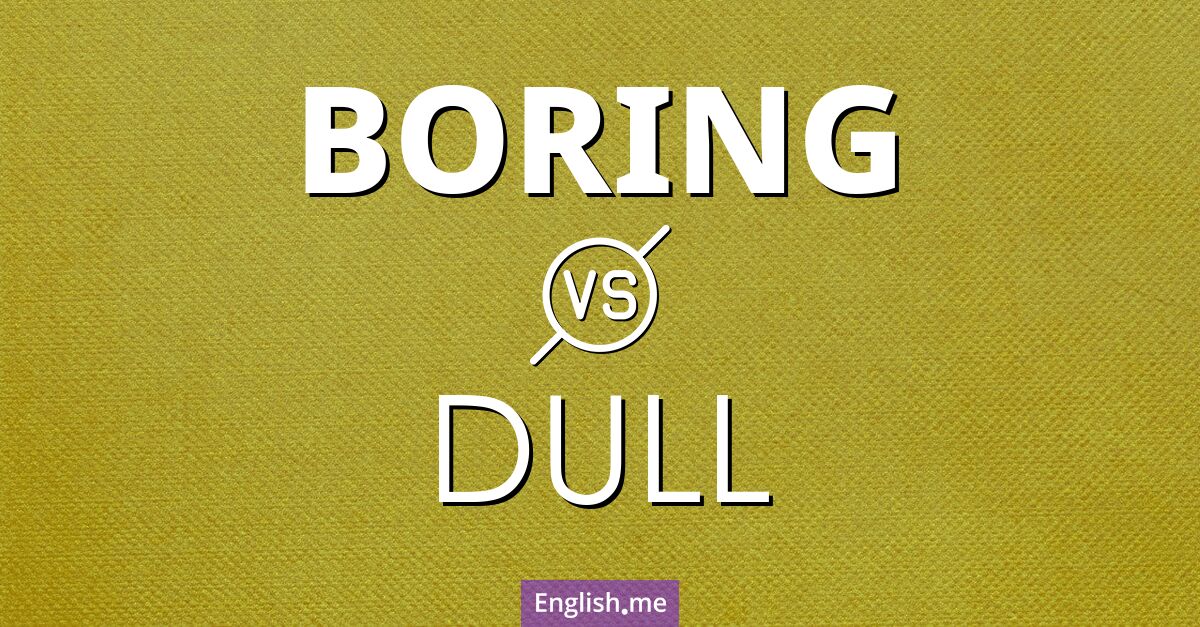
"Boring" vs. "dull": are they really the same?
"Boring" specifically refers to something that causes boredom or makes ... Learn more →

 English
English español
español française
française italiano
italiano deutsche
deutsche 日本語
日本語 polski
polski česky
česky svenska
svenska Türkçe
Türkçe Nederlands
Nederlands